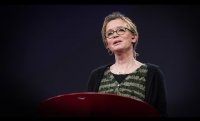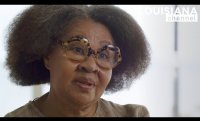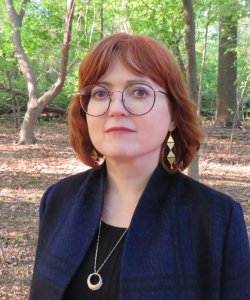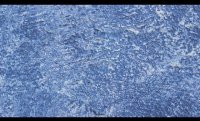April’s first writing contest deadlines include several stellar book prizes for poets. Other opportunities include a writing fellowship for poets, a humor writing prize, and awards honoring short works of fiction and nonfiction. All of these contests have a deadline of April 1 and a cash prize of at least $1,000. Good luck!
Just Buffalo Literary Center Poetry Fellowship: A fellowship, which includes a stipend of $1,500 and a monthlong residency in Buffalo, will be given annually to a poet. The fellowship includes lodging at a private apartment for the month of August 2022 and an invitation to read at a Just Buffalo Literary Center event. Entry fee: $20.
Nimrod International Journal Literary Awards: Two prizes of $2,000 each and publication in Nimrod International Journal are given annually for a group of poems and a work of fiction. A runner-up in each category receives $1,000 and publication. The winners and runners-up will also participate in a virtual awards ceremony and conference in October. Entry fee: $20 entry fee (includes a subscription to Nimrod International Journal).
North American Review Terry Tempest Williams Creative Nonfiction Prize: A prize of $1,000 and publication in North American Review will be given annually for an essay. Lyric essays, memoir, personal essays, and literary journalism are eligible. Lacy M. Johnson will judge. Entry fee: $23.
Orison Books Prizes in Poetry and Fiction: Two prizes of $1,500 each and publication by Orison Books are given annually for a poetry collection and a book of fiction. Rajiv Mohabir will judge in poetry and Tania James will judge in fiction.
Saturnalia Books Poetry Prize: A prize of $1,500, publication by Saturnalia Books, and 20 author copies is given annually for a poetry collection. Roberto Tejada will judge. All entries will also be considered for the Editors Prize, which awards $1,000 and publication. Entry fee: $30.
Southeast Missouri State University Press Cowles Poetry Book Prize: A prize of $2,000, publication by Southeast Missouri State University Press, and 30 author copies is given annually for a poetry collection. Entry fee: $25.
Winning Writers Wergle Flomp Humor Poetry Contest: A prize of $2,000, a two-year gift certificate for membership to the literary database Duotrope, and publication on the Winning Writers website is given annually for a humorous poem. A second-place prize of $500 is also awarded. Jendi Reiter will judge. Unpublished and previously published works are eligible. Entry fee: None.
Visit the contest websites for complete guidelines, and check out the Grants & Awards database and Submission Calendar for more contests in poetry, fiction, and creative nonfiction.











